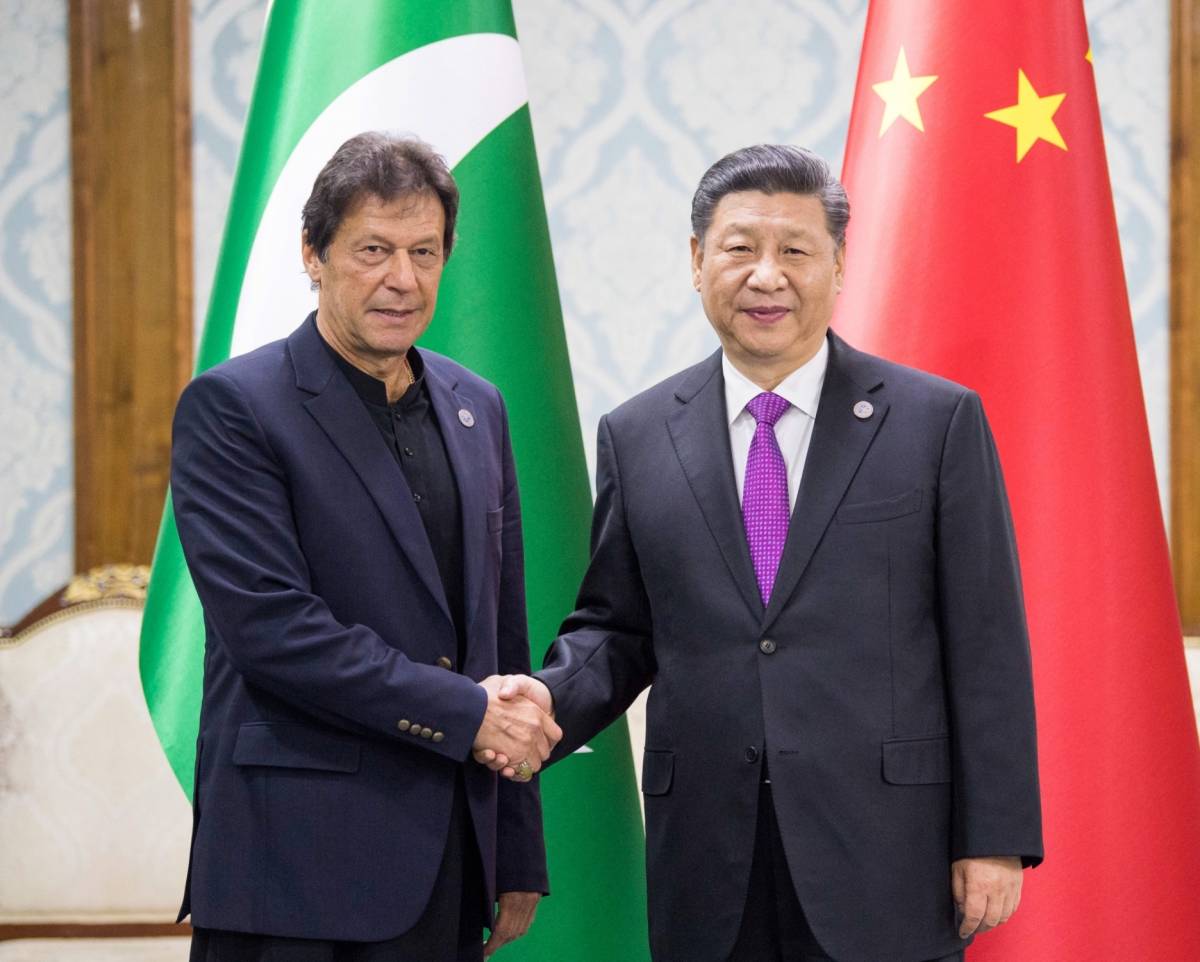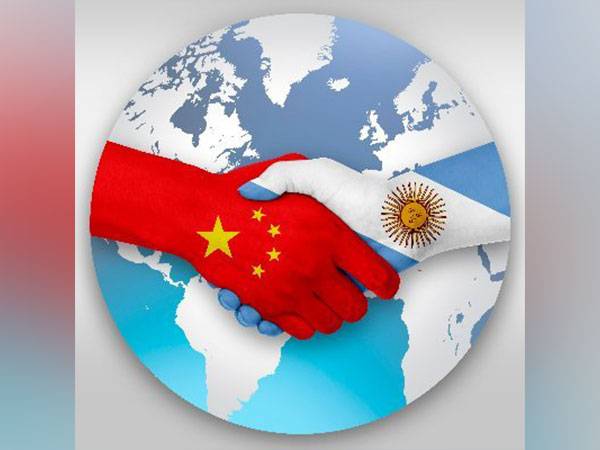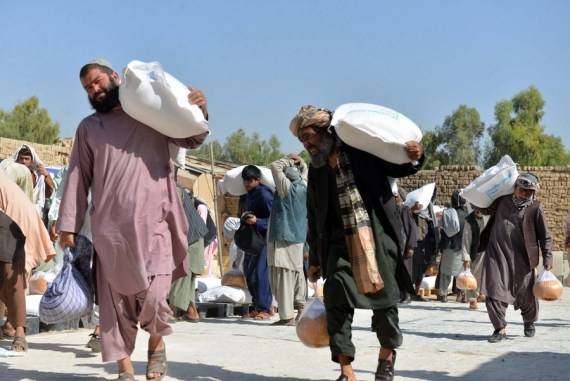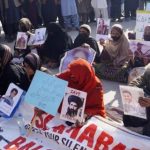Islamabad’s support to Beijing against the accusation of human rights violation by China in the Xinjiang region came at a time when recently 243 global groups called for action against China over human rights abuses in the country….reports Asian Lite News
Pakistan Prime Minister Imran Khan has turned blind eye to the accusations of West and rights groups against China over suppressing Uyghur Muslims in Xinjiang as he supported Beijing on Xinjiang issue on Sunday and the leader also backed the communist regime on the South China Sea as well as One-China Principle.
“The Pakistan side expressed its “commitment to One-China Policy and support for China on Taiwan, South China Sea, Hong Kong, Xinjiang and Tibet,” read a joint statement released following the meeting of Imran Khan and Chinese Presiden Xi Jinping in Beijing on Sunday.
Islamabad gave its support to China on issues related to the One China Policy and the South China Sea, which the West sees as arbitrary rules policies made by Beijing to foster its expansionist approach.
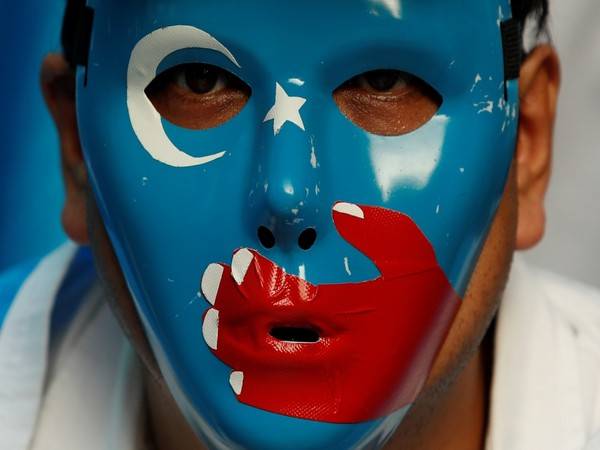
“The Chinese side reaffirmed its support for Pakistan in safeguarding its sovereignty, independence and security, as well as promoting its socio-economic development and prosperity,” it added.
Islamabad’s support to Beijing against the accusation of human rights violation by China in the Xinjiang region came at a time when recently 243 global groups called for action against China over human rights abuses in the country.
The groups in late January had urged the countries to join the diplomatic boycott of the Winter Olympic Games.
Under President Xi Jinping, Chinese authorities have been committing mass abuses against Uyghurs, Tibetans, ethnic groups, and religious believers from all independent faith groups said the Human Rights Watch in late January.
They have eliminated independent civil society by persecuting human rights activists, feminists, lawyers, journalists, and others. The government has eviscerated a once-vibrant civil society in Hong Kong, expanded tech-enabled surveillance to significantly curtail the rights to expression, association, and peaceful assembly, and allowed the use of forced labour, in violation of international law, the Human Rights Watch added. (ANI)


